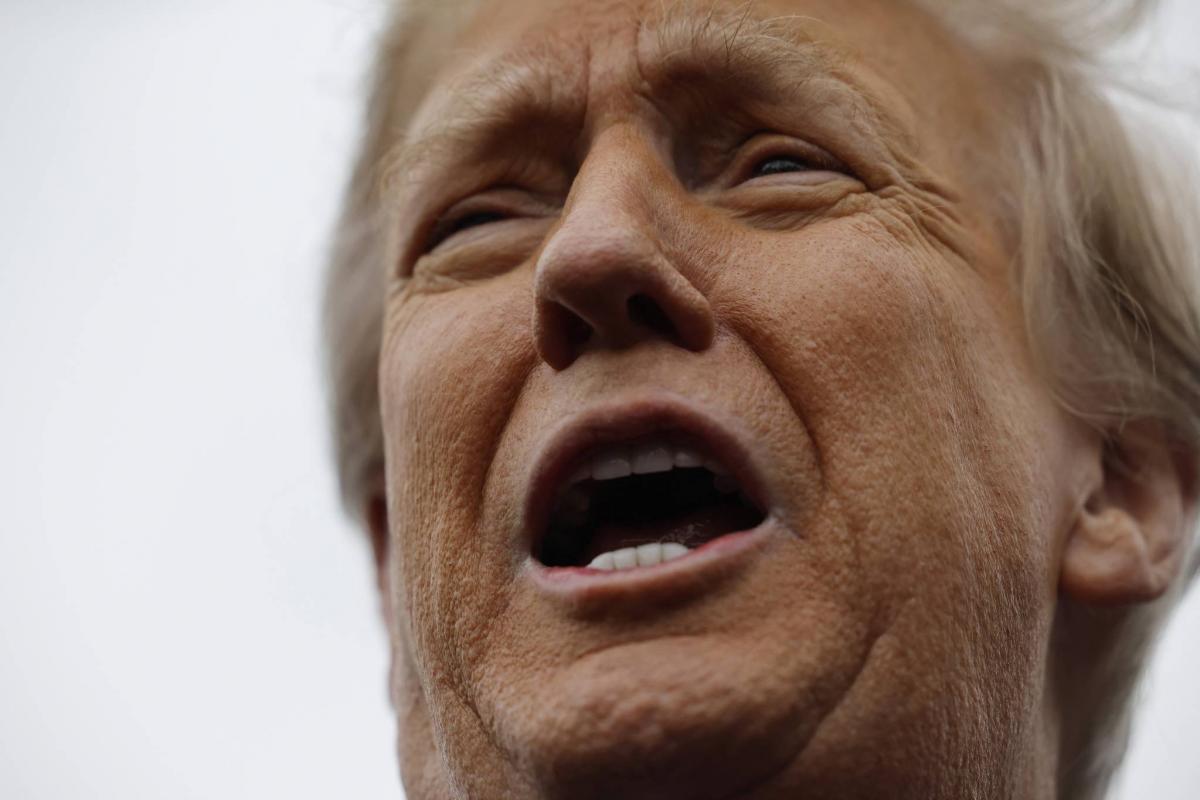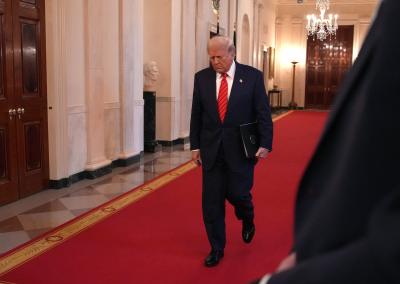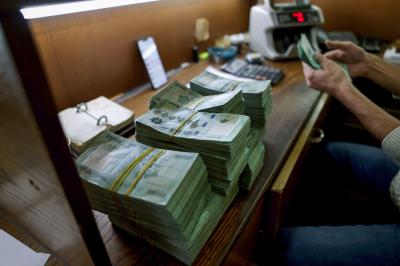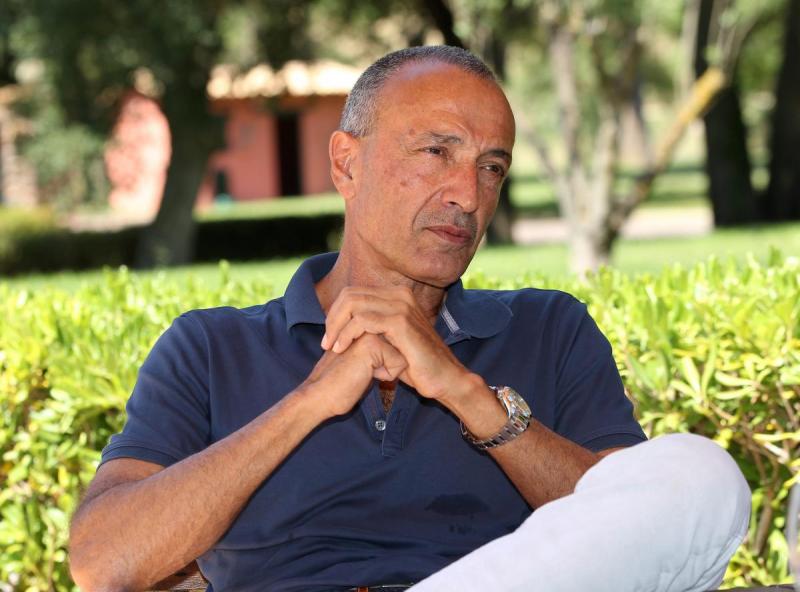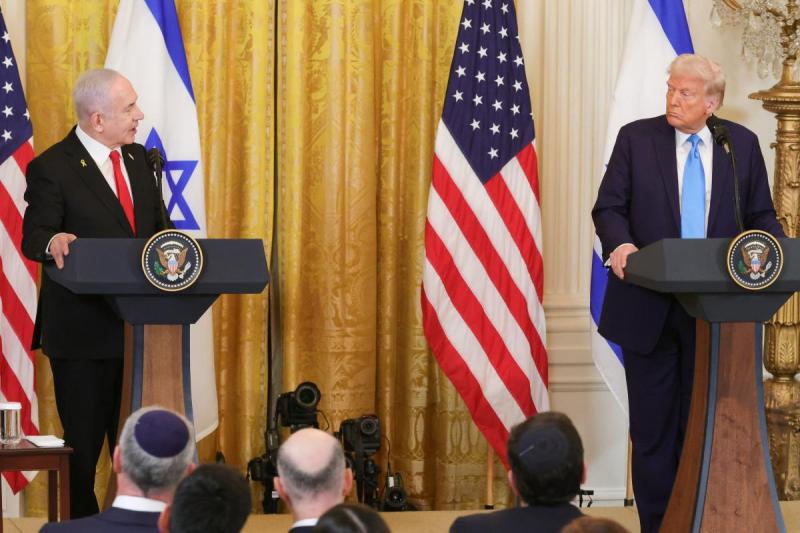A one-month delay on imposing the 25% U.S. tariffs against Mexico, a 30-day negotiation window with Canada, and the opening of trade talks with China—Is Trump crashing his campaign promises against the hard wall of global economic realities? The wave of import tariffs he pledged during his White House bid is beginning to hit its limits. Every country would suffer from this abrupt spike in customs duties—and the United States would be no exception. Global trade, and consequently economic growth, would bear the brunt of the fallout.
While European stock markets initially wavered in a state of near-panic at the start of the week, they seem to have caught up with the Trump’s bluff. Despite securing concessions from Colombia and Mexico on drug trafficking and illegal immigration, the U.S. president appears to be navigating blindly. In just a few days, Donald Trump has gone from "trade warrior" to "chief negotiator."
This turnaround is particularly striking given his inaugural speech, in which he fervently vowed to revive the American auto industry and internal combustion engines. However, reality has hit hard. At the opening of European stock markets earlier this week, automotive stocks took a major hit following Trump's announcement of new tariffs against China, Mexico, and Canada. Stellantis plummeted by 5.94%, Renault dropped 2.38% in Paris, while in Germany, Mercedes fell by 5.06%, BMW by 4.86%, and Volkswagen by 5.80%. In Stockholm, Volvo slid by 4.88%. On Wall Street, automakers and parts suppliers saw their stocks nosedive as well. These sharp market declines, verging on panic, forced Trump to shift gears and negotiate.
The author of The Art of the Deal has responded more as a businessman than as a head of state. Trump's focus seems to be more on the Dow Jones than on America's geopolitical strategy. In the end, financial markets likely feel more reassured by "businessman Trump" than by "President Trump." Bluffing and bravado have their limits—ones that economic logic and rationality refuse to ignore. While Trump will face electoral judgment in two years during the midterms, Wall Street will deliver its verdict much sooner if his economic policies prove disastrous for U.S. growth—and, by extension, the global economy.
 Politics
Politics






